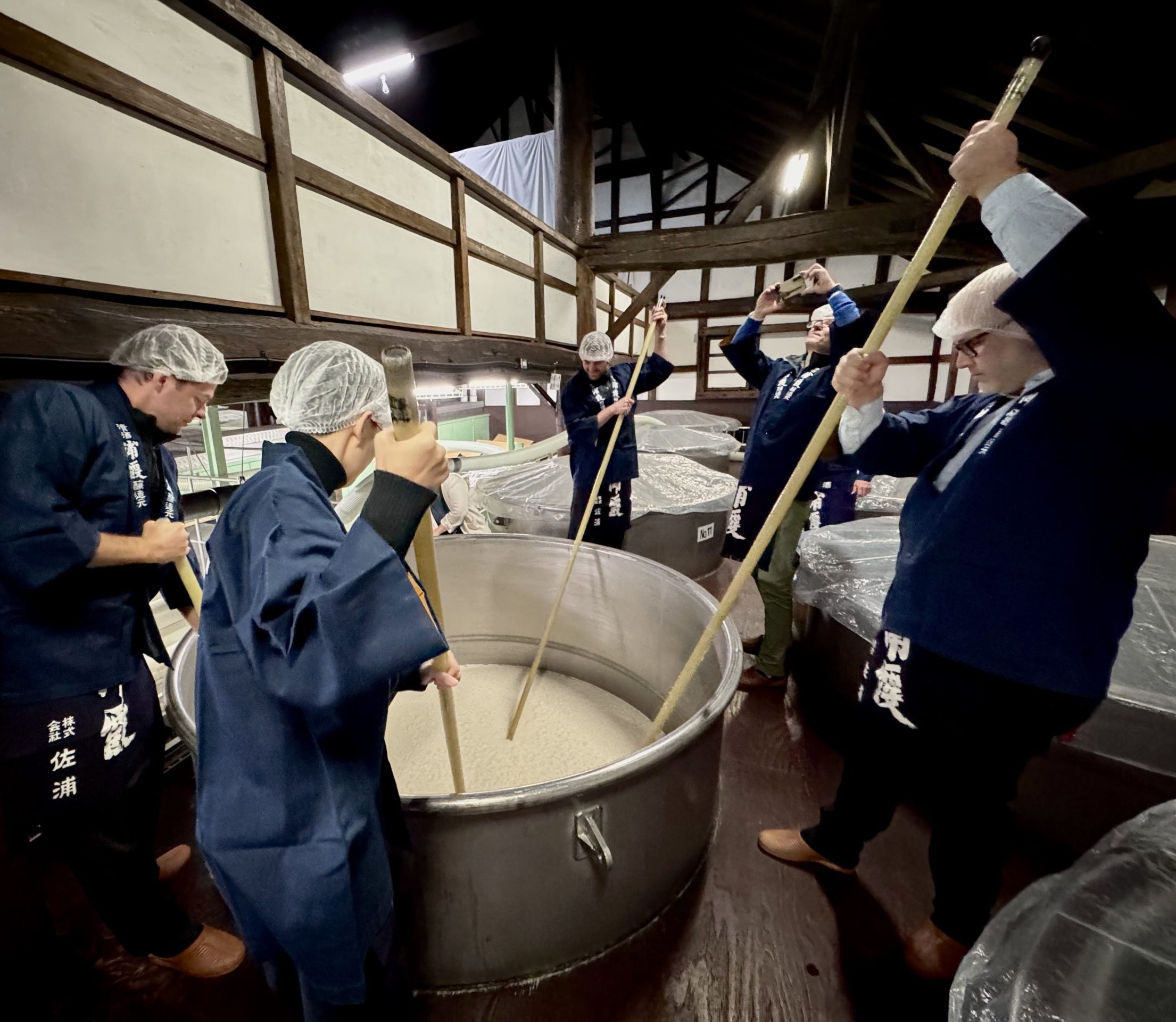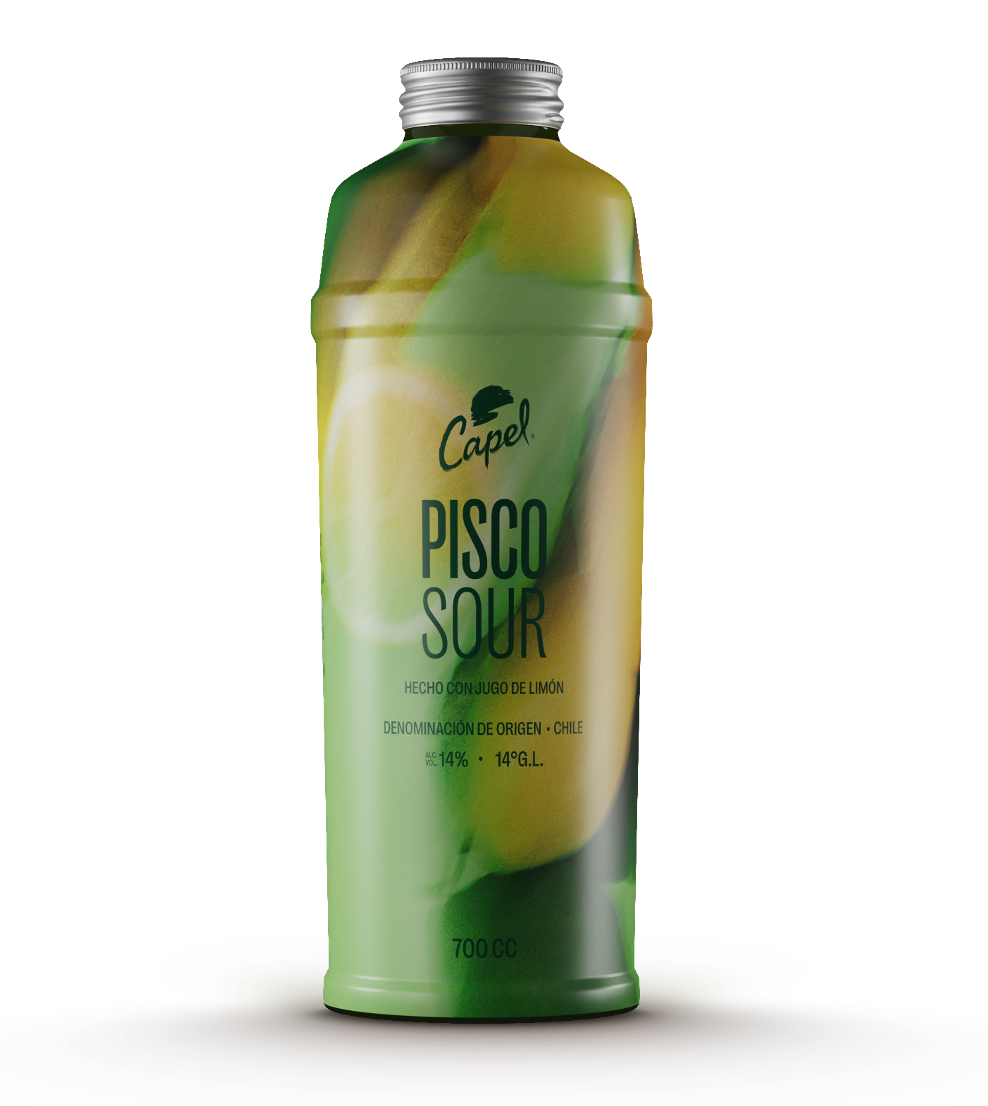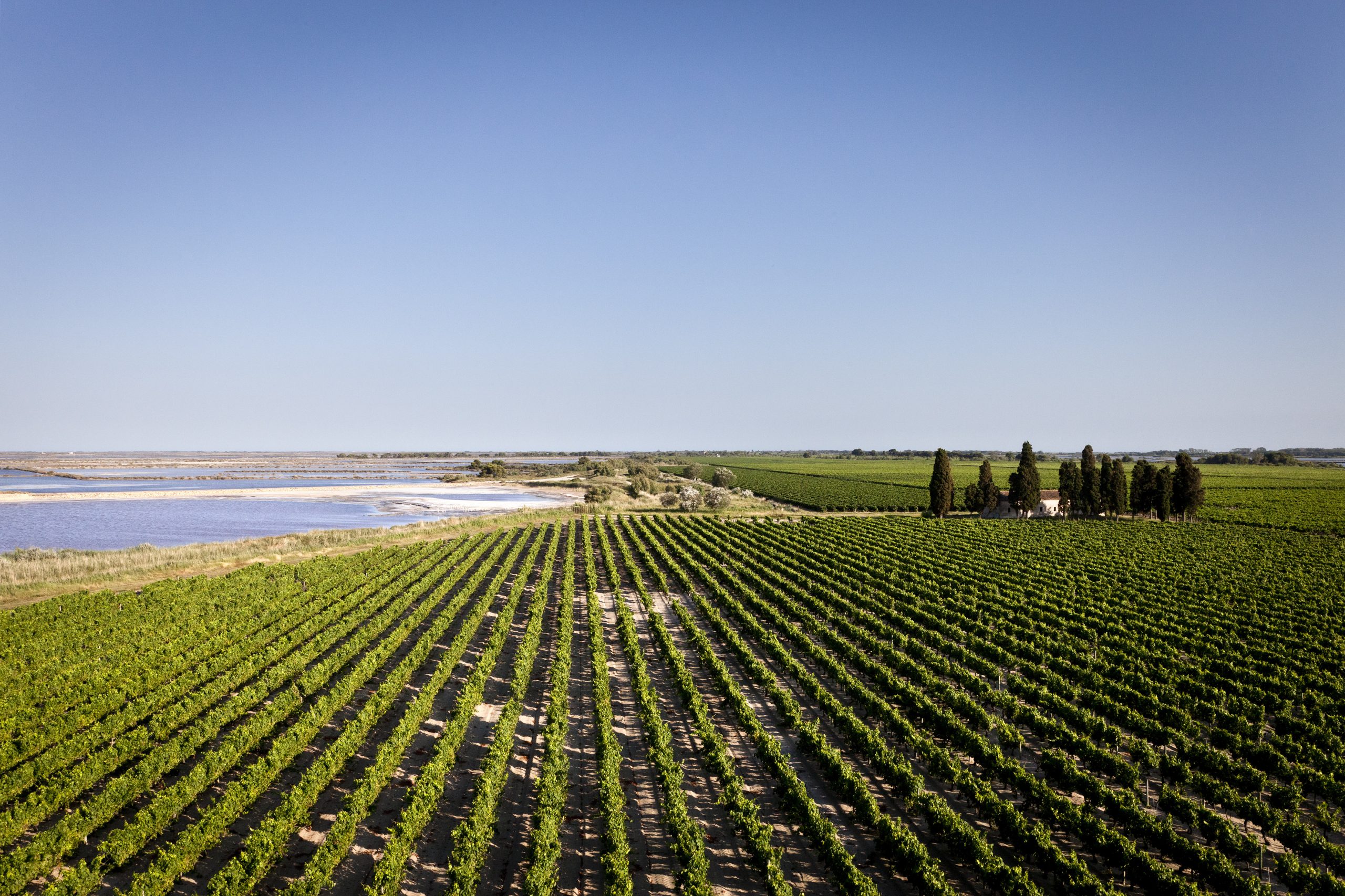Could climate change lead to British Malbec?
While many wine regions are working to battle the impact of climate change, British producers are expected to benefit, according to a study commissioned by Laithwaites Wine which claims that Britain could not only become a major exporter of wine by 2100, but by then be producing Malbec.
While English sparkling wine production is already flourishing in the South of England, Professor Mark Maslin and Lucien Georgeson from University College London, who led the study, believe that continued changes in temperature and rainfall will allow more grape varieties to be cultivated in as yet unfamiliar wine growing regions.
Having analysed average temperature and rainfall conditions required for growing different grape varieties, the pair believe temperatures in Britain will increase by at least a further 2.2 ˚C by 2100 and rainfall by 5.6%, which could shift Britain from a marginal, cool climate to an intermediate climate.
The UK has been warming faster than the global average since 1960 and eight of the warmest years in the last century have occurred since 2002.
From Château Petrus to ‘Chateau Peckham’?
These changes could see Britain acquire ideal climate conditions to produce grape varieties including Sauvignon Blanc and Chardonnay, in areas such as Peckham and Milton Keynes, claims the study.
The pair also suggested that the Thames Estuary – in places such as Romford, Southend and as far west as Slough – could potentially cultivate Malbec in the future. Parts of the South West, including Avon and Somerset, were identified by the research team as being potential sports for Merlot. The Midlands and Central England were earmarked for grape varieties including Chardonnay, Riesling, Pinot Noir and Sauvignon Blanc, while the The North East of England, including Newcastle and all the way up to Edinburgh, and a small pocket around Elgin, are predicted to become the British home of Pinot Grigio.
While the study is speculative and based upon predicted changes in climate, it does paint an intriguing picture of how Britain’s wine map could develop and grow in the future.
“Climate is critical to successful grape cultivation,” said Professor Mark Maslin from University College London. “This study could signal how we think long-term about British wine production and redraw the future wine map of the world. However, exactly where would be best for particular grapes will depend on site, slope, aspect, soil and drainage – as wine making is much an art as it is a science.”
Partner Content
Chris Foss, head of the Wine Department at Plumpton College in East Sussex, has also spoken of the benefits of climate change to the British wine industry, saying last year that increased temperatures would help reduce the risk of frost killing the grape vines in winter, and also lessen the chance of disease as rainfall and moisture levels are lower in the summer.
Climate change altering global wine map
Generally, climate change is also considered to be contributing to the creation of new cool climate regions, as areas viable for grape production expand as temperatures rise.
While all of this paints a somewhat positive picture of climate change upon not only Britain’s developing wine industry, but upon regions currently incapable of cultivating vines, its impact will not be welcome in already warm regions, which are already working to minimise its impact.
Nasa meanwhile has already released research stating that climate change has already led to “dramatically earlier” harvests in countries like France and Switzerland over the last 30 years.
The study, in collaboration with Harvard University, warned that while earlier harvests may currently be leading to higher quality wines, if the world heats up too much, some of the world’s hotter wine growing regions may be forced out of business as they become unsustainable for grape production.
Countries like Australia and India are already working to combat the impact of climate change, with Treasury Wines Estates already investing in finding technology to combat declining rainfall and rising temperatures.




